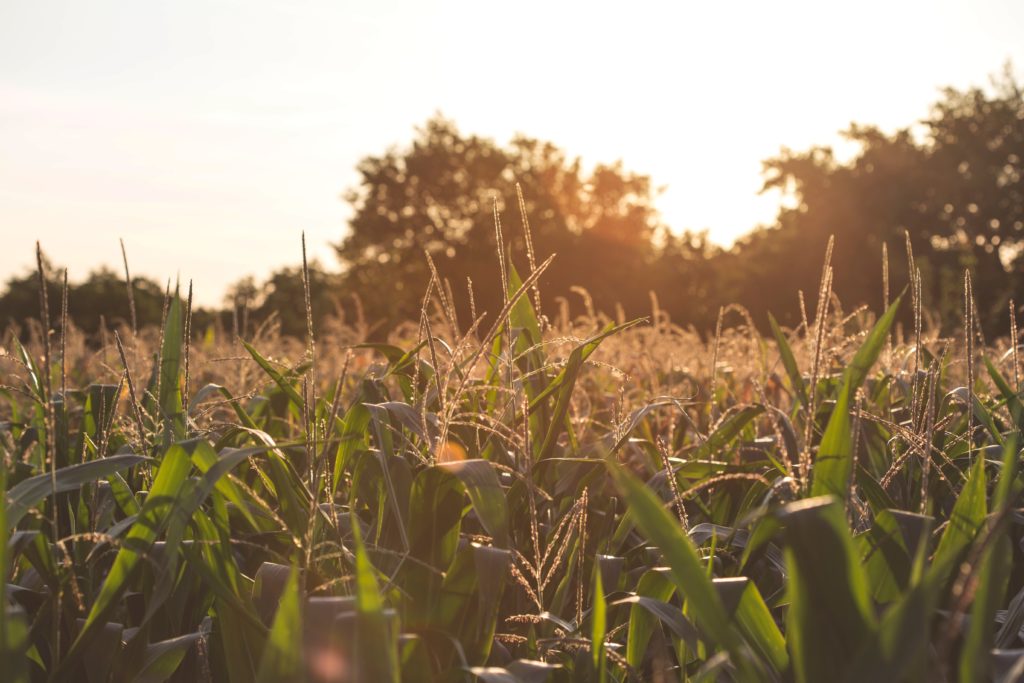Disclaimer: Neither the author, nor Texas A&M Agrilife Extension take any position on the likelihood of success of any of the claims asserted against Syngenta or on whether producers should remain in the class action lawsuit opt out. This blog post is for informational purposes only.
We have previously discussed the pending lawsuits filed by corn producers against Syngenta related to Viptera and Duracade corn seed. There are been numerous developments in the case over the last several months, so I thought an update might be helpful.
Background
In 2010, Syngenta released these seed varieties, which were approved in the United States, but not in China. In 2013, US corn shipments arrived in China and were rejected due to the presence of the MIR-162 trait found in Viptera and Duracade. Shortly thereafter, US corn prices fell. Farmers who did not plant the seeds have filed suit against Syngenta claiming that Syngenta’s false assurances about imminent approval by the Chinese government constituted fraud and the rejection of corn by the Chinese caused the drop in the market, causing monetary damages to the farmers. [For more background information, read this fact sheet and view this webinar.]
Class Certification
Late last year, the federal court in which most cases have been consolidated at this point certified nine classes. [Read prior blog post here.] Syngenta sought an appeal to the United States Court of Appeals for the Tenth Circuit, but it was rejected in December after the appellate court found the trial court’s rulings “well-researched and well reasoned.” [Read opinion here.]
The classes include a nationwide producer class defined as including any producer (a person or entity listed as a producer on an FSA-578 Form) who priced corn for sale after November 18, 2013 and who did not purchase Viptera or Duracade corn seed. Any person falling within this definition is automatically included in the lawsuit as a class member.
Class Notification
Producers across the country who meet the requirements to be included in the classes have been receiving letters in the mail informing them that the court has certified the classes and they are currently members of the class. Between now and April 1, 2017, farmers must decide whether they will remain in the class (which requires taking no action) or if they wish to “opt out” of the class action (which requires submitting a form).
While Texas A&M offers no opinion or advice on whether producers should remain in the class action lawsuit or opt out, we are happy to provide some information about the impact of either choice for producers. We highly recommend producers carefully consider this decision and seek advice from counsel licensed in their state.
Remaining in the Class Action
Producers who elect to remain in the class action as class members are essentially plaintiffs in the litigation. However, unlike an individual plaintiff, class members generally are not required to take any action in order to move the case along. They are, instead, represented by the named plaintiffs in the case and their counsel. The named plaintiffs and their counsel are the ones who make strategic decisions and take an active role in pursuing the case. Any remedy awarded to the class automatically applies to all class members and is divided among all members. In the event a monetary sum is awarded, each class member will likely have to prove his or her entitlement to their portion of that remedy. For example, a producer may have to show the total number of bushels of corn shown after November 18, 2013. If the named class action plaintiffs come to a settlement with Syngenta, the court would have to approve any such agreement and all class members have the opportunity to oppose the settlement agreement if they so desire.
Opting Out of the Class Action
Although all producers meeting the class definition are automatically included in the class, they are not required to remain there. Any class member has the option to opt out of the class by filling out and sending in the opt out notice (original signature is required, no faxes or emails). Doing this means that the producer will not share in any recovery obtained by the class and retains his or her right to file an individual lawsuit. This means that a producer could go to court and file his or her own individual claims against Syngenta. A producer electing to do so could select their own counsel and make all decisions regarding the litigation and settlement. Of course, that producer would also incur costs and have responsibilities (such as responding to discovery requests) just like any plaintiff in a normal lawsuit. Producers considering filing individual lawsuits should act quickly as the statute of limitations could run on those claims.












